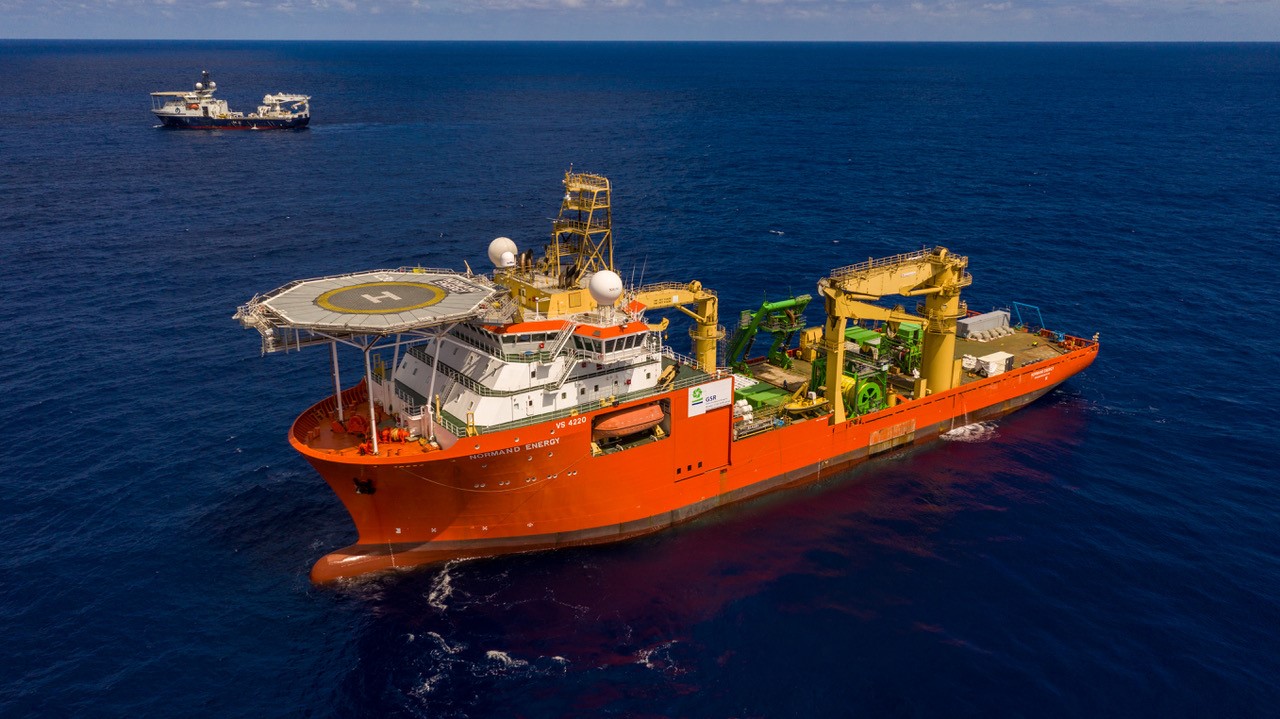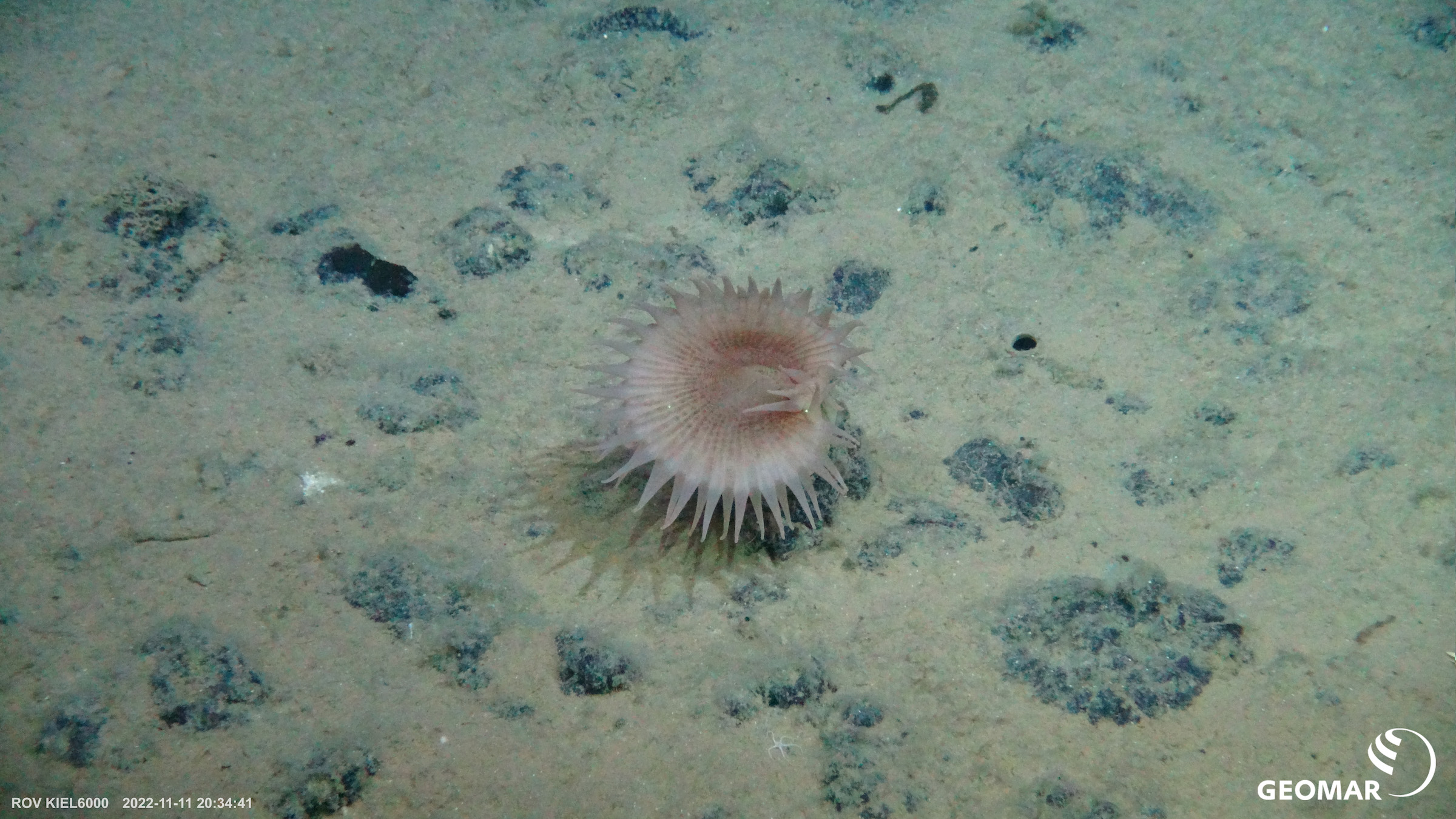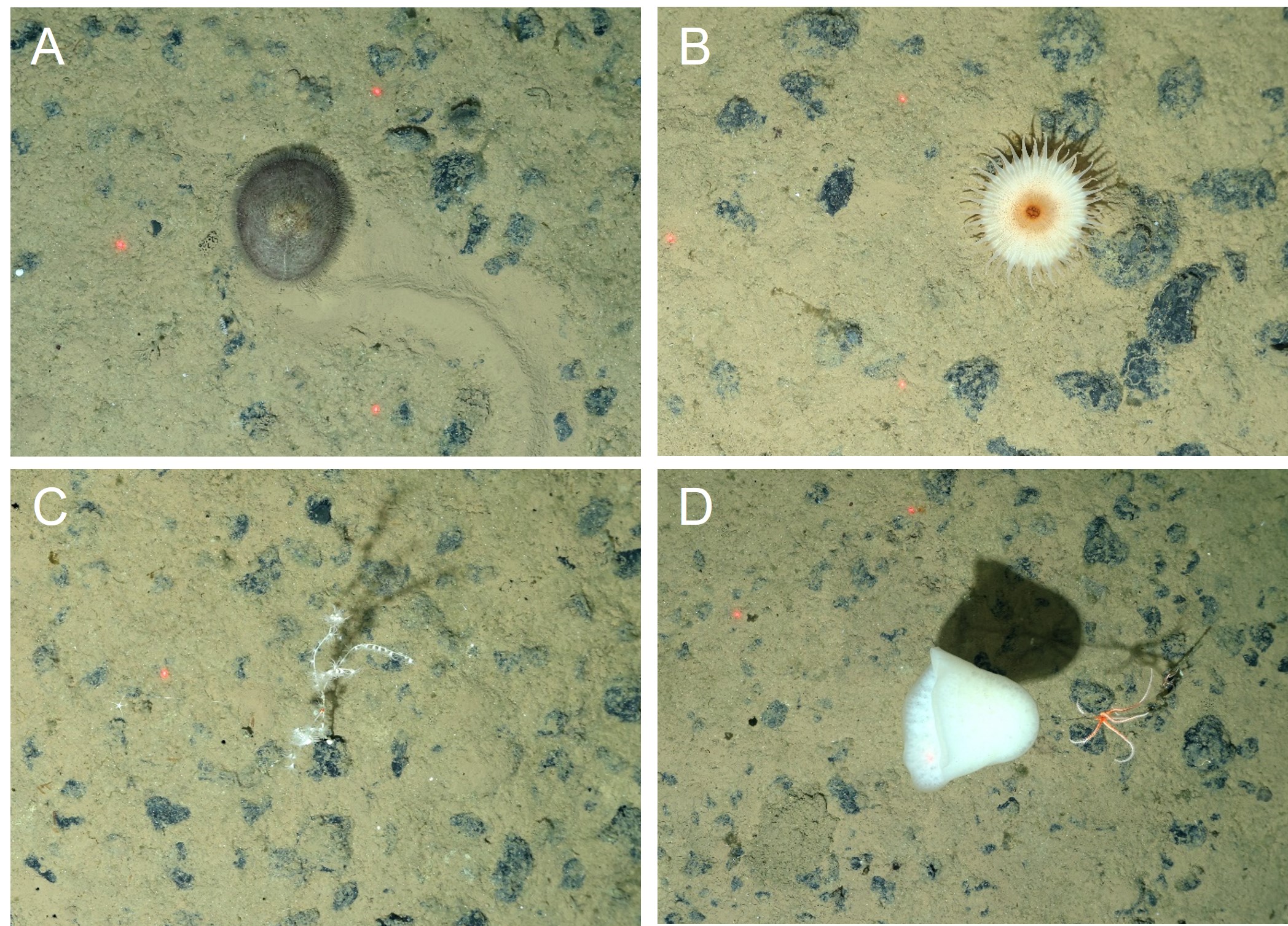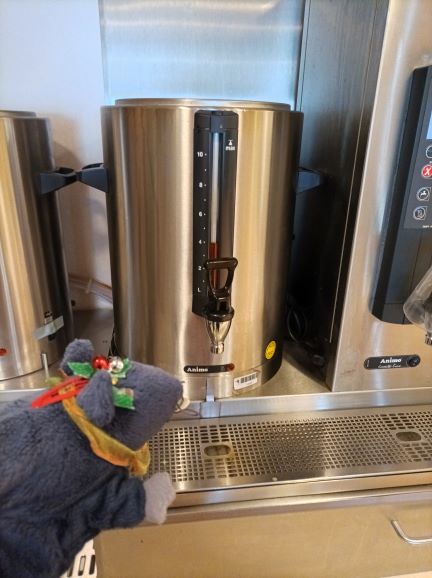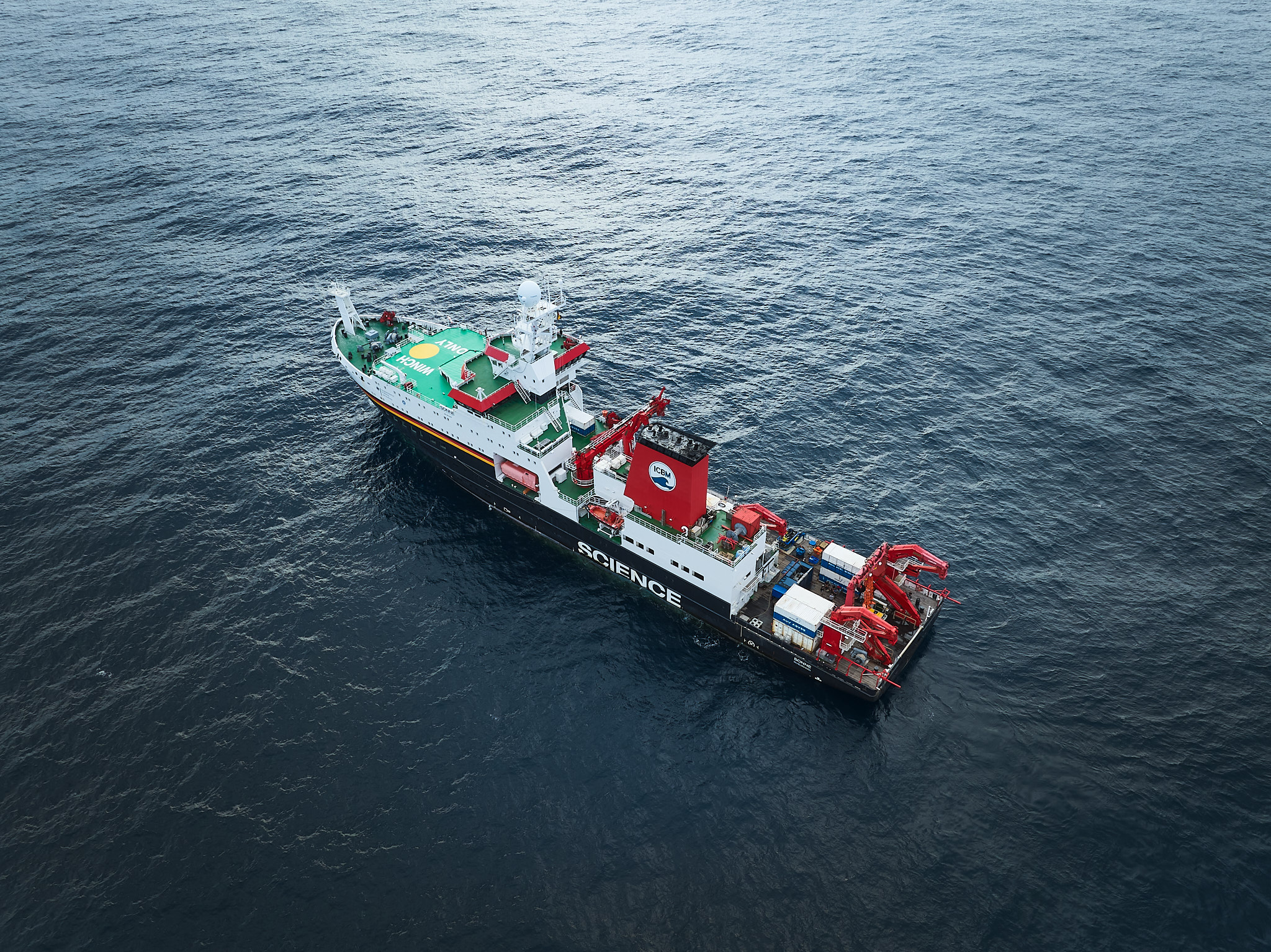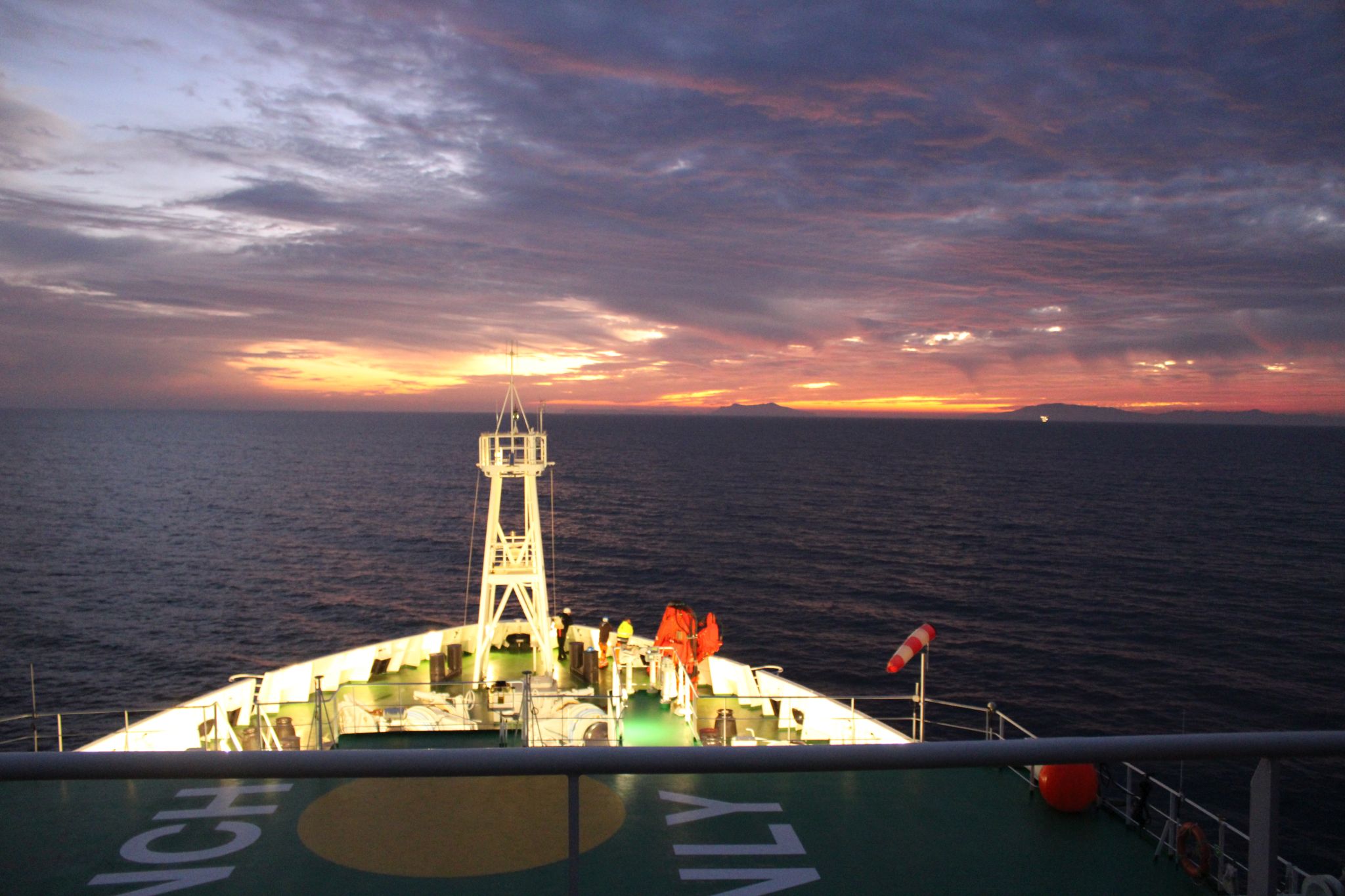Deutsche Version siehe unten Mirja Bardenhagen, Marine Resource Exploration – Federal Institute for Geosciences and Natural Resources in Hanover, Germany Hello, it’s Wilma again. And as promised with the answers. But first I would like to thank everyone who helped me to create the puzzle. Because of course I couldn’t be there for every photo […]
Dive No. 379
Deutsche Version siehe unten Marcel Rothenbeck, AUV Team – GEOMAR Helmholtz Centre for Ocean Research Kiel, Germany We have been at sea for 40 days now. As expected, all we see around the ship is water as far as the eye can see, and every now and then a group of red-footed boobies is flying […]
The International Seabed Authority
Deutsche Version siehe unten Carsten Rühlemann, Federal Institute for Geosciences and Natural Resources in Hannover, Germany I am working in the Marine Resource Exploration department at the Federal Institute for Geosciences and Natural Resources (Bundesanstalt für Geowissenschaften und Rohstoffe, BGR), Germany’s geological survey in Hannover. In 2004, the federal government led by the Social Democratic […]
Pioneering nodule mining: Some words on GSR and on what we are doing
Deutsche Version siehe unten Francois Charlet, Global Sea Mineral Resources, Belgium The transition to clean energy technology, the growing population and urbanization are requiring specific metals such as nickel, cobalt, manganese, and copper. Polymetallic nodules contain these metals in a significant quantity. Intuitively, going to the deep seafloor for these metals could make a lot […]
Restoring the deep sea after mining – would it work?
Deutsche Version siehe unten Sabine Gollner, Royal Netherlands Institute for Sea Research on Texel Many of earth’s ecosystems have undergone significant degradation in the past decades and protecting nature is the most effective tool to prevent further loss of biodiversity. On land and in shallow seas there is a growing recognization that we won’t be […]
Colors in the deep – an ode to deep-sea sea cucumbers
Deutsche Version siehe unten Lilian Boehringer, Alfred-Wegener-Institute Helmholtz Centre for Polar and Marine Research in Bremerhaven, Germany The deep sea is generally considered that part of the ocean where little to no light penetrates the water column, approximately below 200 m depth. The average water temperature in the deep sea is about 4°C and continuously […]
Numbers of the journey – a little riddle (part 1)
Deutsche Version siehe unten Mirja Bardenhagen, Marine Resource Exploration – Federal Institute of Geoscience and Natural Resources in Hannover, Germany Hello, my name is Wilma Caffeine and I am accompanying Mirja Bardenhagen on this expedition as a lab rat. As a good rat should, I’m scurrying around in all the nooks and crannies. Thereby I […]
How the middle of nowhere can feel familiar and how high-tech helps us to study oxygen in deep-sea sediments / Wie sich das Mitten-im-Nirgendwo bekannt anfühlen kann und wie uns High-Tech dabei hilft Sauerstoff in Tiefsee-Sedimenten zu untersuchen
Deutsche Version siehe unten Duygu S. Sevilgen, HGF-MPG bridge group for Deep Sea Ecology and Technology at the Max Planck Institute in Bremen and the Alfred Wegener Institute in Bremerhaven, Germany Wednesday 16 Nov 2022, research vessel SONNE, just after cake-o’clock (every day at 15:00h, today: strawberry cake): wind-speed 10-11m/s, wave-height 1.8m, grey sky, light […]
SONNE expedition SO295: tracing environmental impacts of deep-sea mining / Auf den Spuren der Umweltauswirkungen von Tiefseebergbau
Deutsche Version siehe unten Felix Janssen, HGF-MPG bridge group for Deep Sea Ecology and Technology at the Max Planck Institute in Bremen and the Alfred Wegener Institute in Bremerhaven, Germany Already some two weeks ago we arrived with research vessel SONNE in the first working area 11° north of the equator and approx. 1500 kilometer […]
